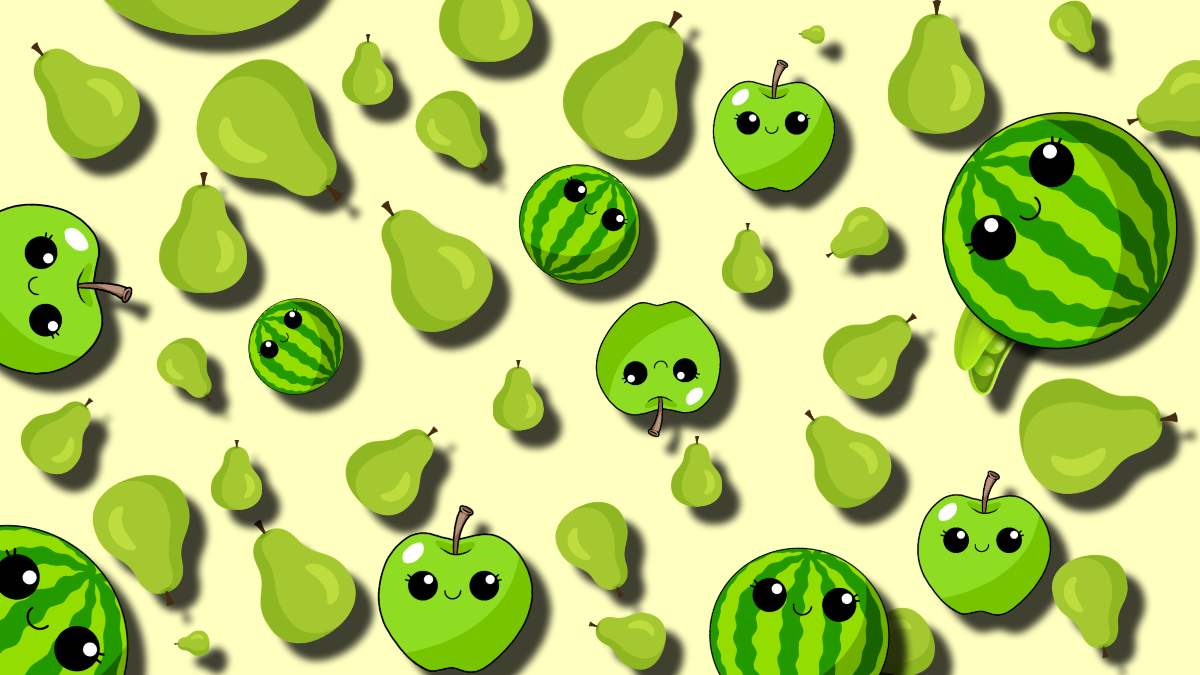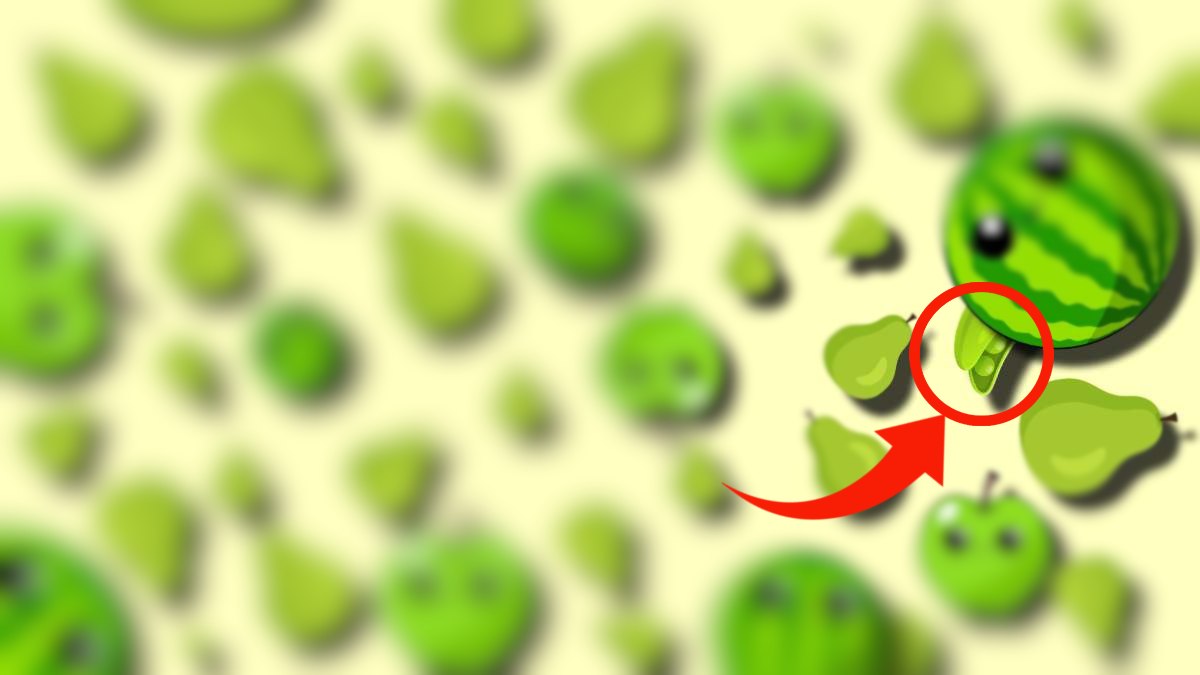Logical Science Puzzle for Students: If you are a Biology lover, then you must be aware of Gregor Mendel. This is called the father of genetics. Do you know the reason? Let us help you with that. Mendel is known for his work on pea plants. For years, he performed experiments on pea plants and studied their results from different generations. It was one of the pioneering experiments performed in the field of genetics.
Definition of Genetics: Genetics is the field of science that studies the transmission of traits from one generation to the next. In simple terms, it is called the science of heredity.
Definition of Heredity: It is the transmission of traits from one generation to the next.
CBSE Class 10 Science Chapter-Wise Mind Maps: Download PDF
CBSE Class 10 Maths Chapter-Wise Mind Maps: Download PDF
In this article, you will learn a few pointers about the experiment performed by Mendel on his pea plants. This will help you strengthen your knowledge. This information will be helpful for the 12th-grade biology students, as they will get questions about genetics in their final exams. For others, it will be a treat to their brain, as we will present an interesting task to engage it. The task is inspired by the pea experiment of Mendel but has no direct relation. Let's start with the puzzle.
Science Puzzle
Below is an image with multiple edible items. The colour of all the items is similar, which will confuse your brain. You need to concentrate and find the hidden pea in those items in 3 seconds. This pea will be used by Mendel to perform his genetic experiment. Let us see how fast your brain is.

Interesting Crossword Puzzle for Brilliant Minds
Your Time Starts Now!
Tick Tick
Tick Tick
Hurry Up!
Tick Tick
Boom! The Time is over.
Did You Solve this Super Hard Riddle?
If you solved this amazing puzzle within the time limit, then your brain is really fast and can do things quickly. The differentiation ability of your brain is advanced, which makes you stand out from the crowd.
If you are still searching for the pea or have already found it, but after the set time limit, your brain is calm and you can take concrete decisions even if the surroundings are in a rush. You understand the importance of making the right decision and thus take time to reach a conclusion. Want to take a look at the answer? Check below.

This puzzle does not claim or give any proof of high IQ or intelligence. It is merely a fun way to teach students and other science enthusiast.
Why did Mendel choose pea plants for his experiment?
1. Ease of Cultivation: Pea plants are easy to cultivate and have a short life cycle, allowing Mendel to conduct multiple generations of experiments in a relatively short period of time.
2. Controlled Cross-Pollination: Pea plants naturally self-pollinate, but Mendel could easily control cross-pollination by manually transferring pollen from one plant to another, enabling him to study specific traits and their inheritance patterns.
3. Clear-cut Traits: Pea plants exhibit distinct and easily identifiable traits, such as flower colour (purple or white), seed shape (round or wrinkled), and seed colour (yellow or green), making it easier for Mendel to observe and analyse the inheritance of these traits.
4. Monohybrid Crosses: Pea plants allowed Mendel to perform monohybrid crosses, involving the study of inheritance patterns of a single trait at a time, which provided clear and unambiguous results.
5. Large Sample Size: Mendel performed a large number of crosses and recorded a significant amount of data, increasing the statistical reliability of his findings and conclusions.
6. Inheritance of Traits: Pea plants demonstrated the inheritance of traits that followed simple Mendelian patterns, such as dominant and recessive alleles, allowing Mendel to formulate his laws of inheritance, which laid the foundation for modern genetics.
After these, there were other reasons as well. But writing these would be sufficient.
We hope you liked this riddle!
To improve your knowledge, read the NCERT Biology and Science Textbooks.
Comments
All Comments (0)
Join the conversation